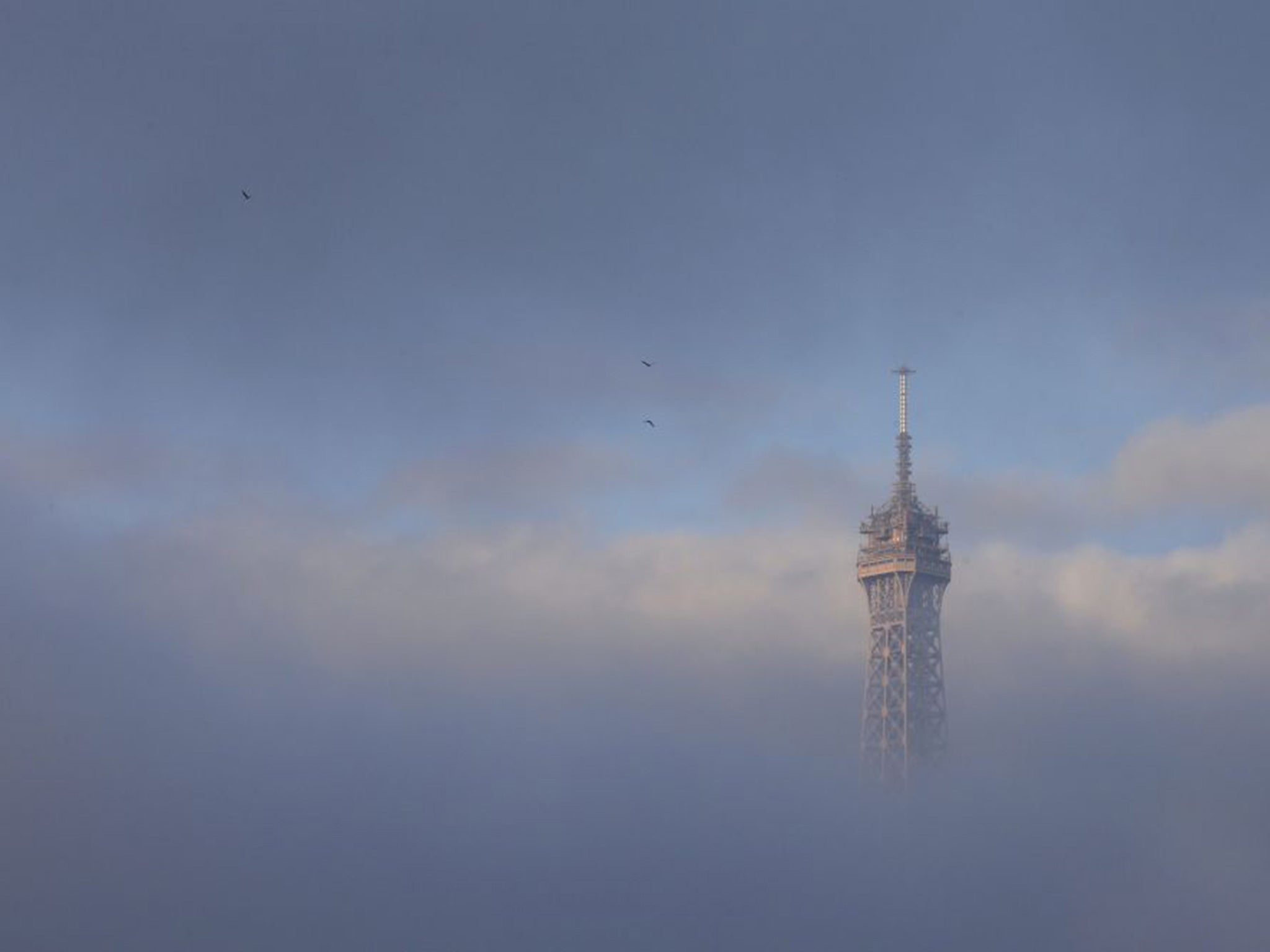Paris residents to stage march in effort to beat ban on gatherings
'It’s not acceptable to ban the population from speaking out'

Your support helps us to tell the story
From reproductive rights to climate change to Big Tech, The Independent is on the ground when the story is developing. Whether it's investigating the financials of Elon Musk's pro-Trump PAC or producing our latest documentary, 'The A Word', which shines a light on the American women fighting for reproductive rights, we know how important it is to parse out the facts from the messaging.
At such a critical moment in US history, we need reporters on the ground. Your donation allows us to keep sending journalists to speak to both sides of the story.
The Independent is trusted by Americans across the entire political spectrum. And unlike many other quality news outlets, we choose not to lock Americans out of our reporting and analysis with paywalls. We believe quality journalism should be available to everyone, paid for by those who can afford it.
Your support makes all the difference.If the state of emergency wasn’t going to stop them, neither was the rain. Late on 26 November, less than a fortnight after the terrorist attacks that rocked Paris, activists took to Place de la République to oppose the ban on protesting.
It was from here that a massive climate change march, planned to coincide with the opening of the COP21 talks in the city on 29 November, set off.
“We’re here tonight”, says Dorian, 30, a gardener who lives in Paris, “so what’s to stop us on Sunday?”
It has been expected up to 200,000 people would march on 29 November, but with all rallies blocking roads forbidden, they have been forced to think of imaginative alternatives.
Outside a Metro stop nearby three shivering but cheerful volunteers for the campaign website Avaaz are sorting a pile of 200 old shoes dropped off by Parisians during the day.
“We can’t march so we’re replacing our physical presence with shoes as a symbol,” Julien Taylor, a 39-year-old train driver tells The Independent. “We’re going to display them somewhere on Sunday – but I can’t tell you where.”
Other campaign groups got around the ban on a technicality. “We’re not allowed the roads”, Christophe Aguiton, the founder of the anti-globalist group Attac explains. “So we’re going to take the pavements and form a human chain all the way to Nation.”
Juliette Rousseau, spokesperson for Coalition Climat 21, a group representing 130 NGOs who had planned take part in the march, accused the French government of “stamping out any kind of citizen action”. She said at least 10 activists had been given curfews and forced to check in to police stations once daily during the conference period.
“It’s not acceptable to ban the population from speaking out”, she added. “We just want our voices to be heard.”
Join our commenting forum
Join thought-provoking conversations, follow other Independent readers and see their replies
Comments